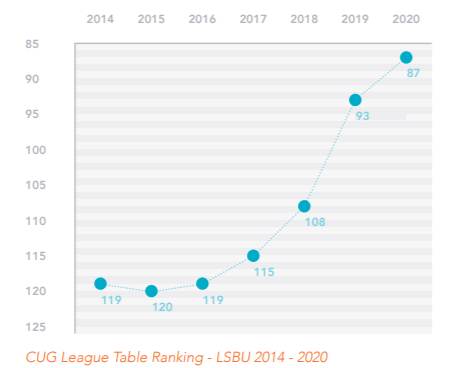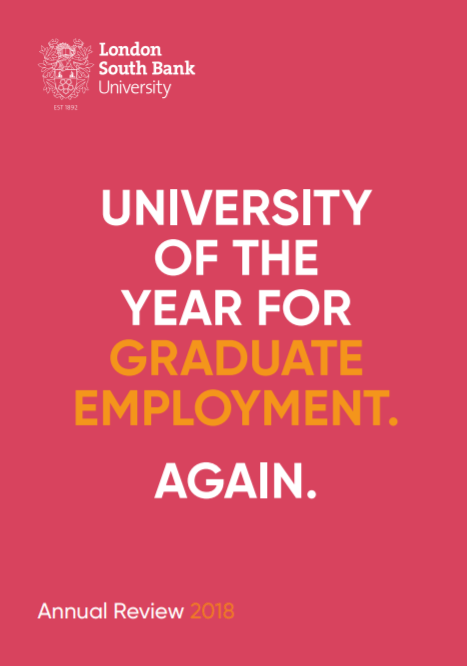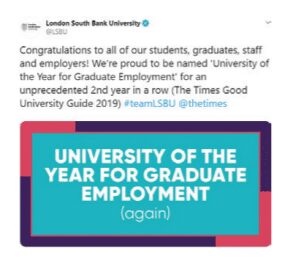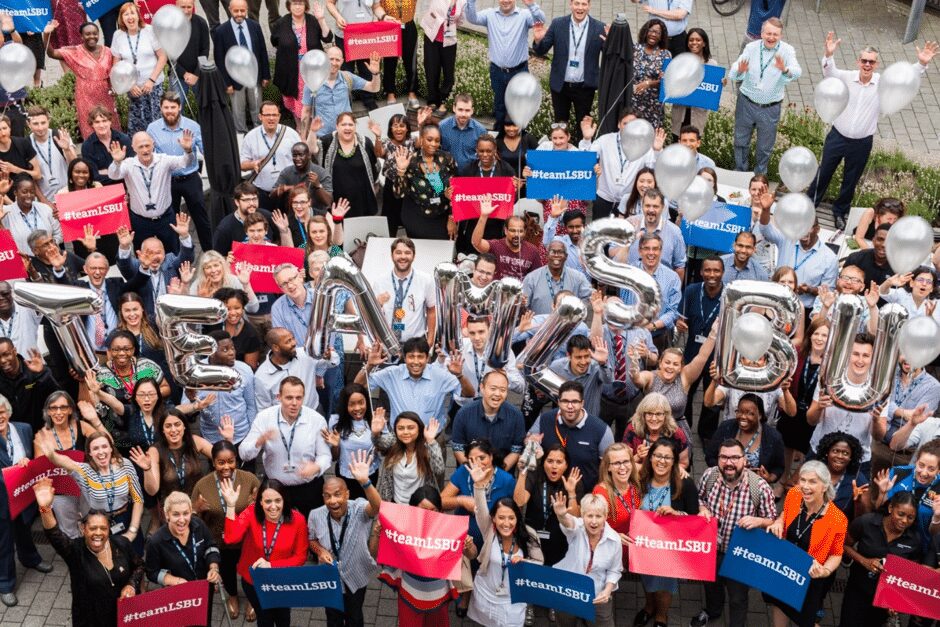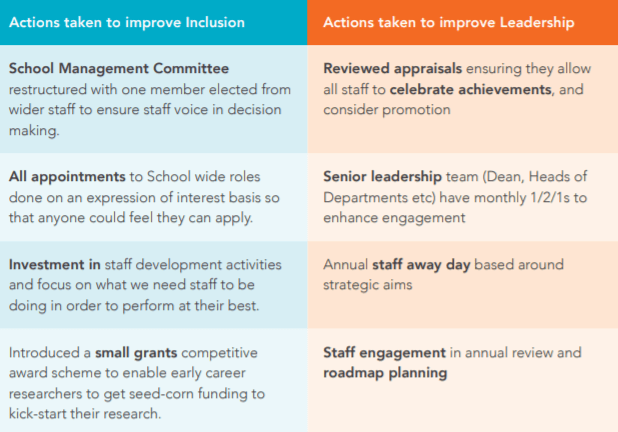The LSBU employee survey programme developed with People Insight
People Insight were appointed via a formal procurement exercise. Said Sam,
People Insight presented a great bid for the employee engagement work;their enthusiasm for and expertise in the HEI sector was clear. We felt we could work well with the people we met straight away. What stood out was the survey results dashboard as it is so visual, and in line with our strategy to become more digitally enabled.
People Insight provide full implementation of LSBU’s employee survey programme.
Questionnaire design
The questionnaire was carefully designed by one of our business psychologists, to ensure the Vice Chancellor’s questions could be answered, and feedback would be clear and actionable. We ensured that the majority of questions could be compared against our substantial HEI benchmark. In addition, we mapped and imported previous survey results from another provider to enable historical comparisons.
Survey launch
The online survey was issued to the mailing list provided by the University with appropriate data controls to ensure that individual staff could not be identified. Timely communications and automated reminders helped LSBU achieve an increase in their survey response rate of 11%.
Another feature of the results dashboard is the iDeck – the instant presentation generator that turns results into a PowerPoint deck. This makes it quick to communicate results in team meetings. Said Sam,
The iDeck is such a time saver! My team no longer have to pull together countless presentations. Line managers can do it easily, and get on with sharing results and action planning with their teams.
Whilst local communication and discussion of team results is key, it’s also important to communicate an organisation wide overview of the survey results. People Insight provided a visual results infographic for the LSBU staff intranet, which provides an at a glance overview of the key results quickly after the survey closes. Sam says,
We’ve been transparent in sharing the results infographic and all the open text comments word clouds on our intranet, framing it as ‘your data’ which has really helped with credibility.
